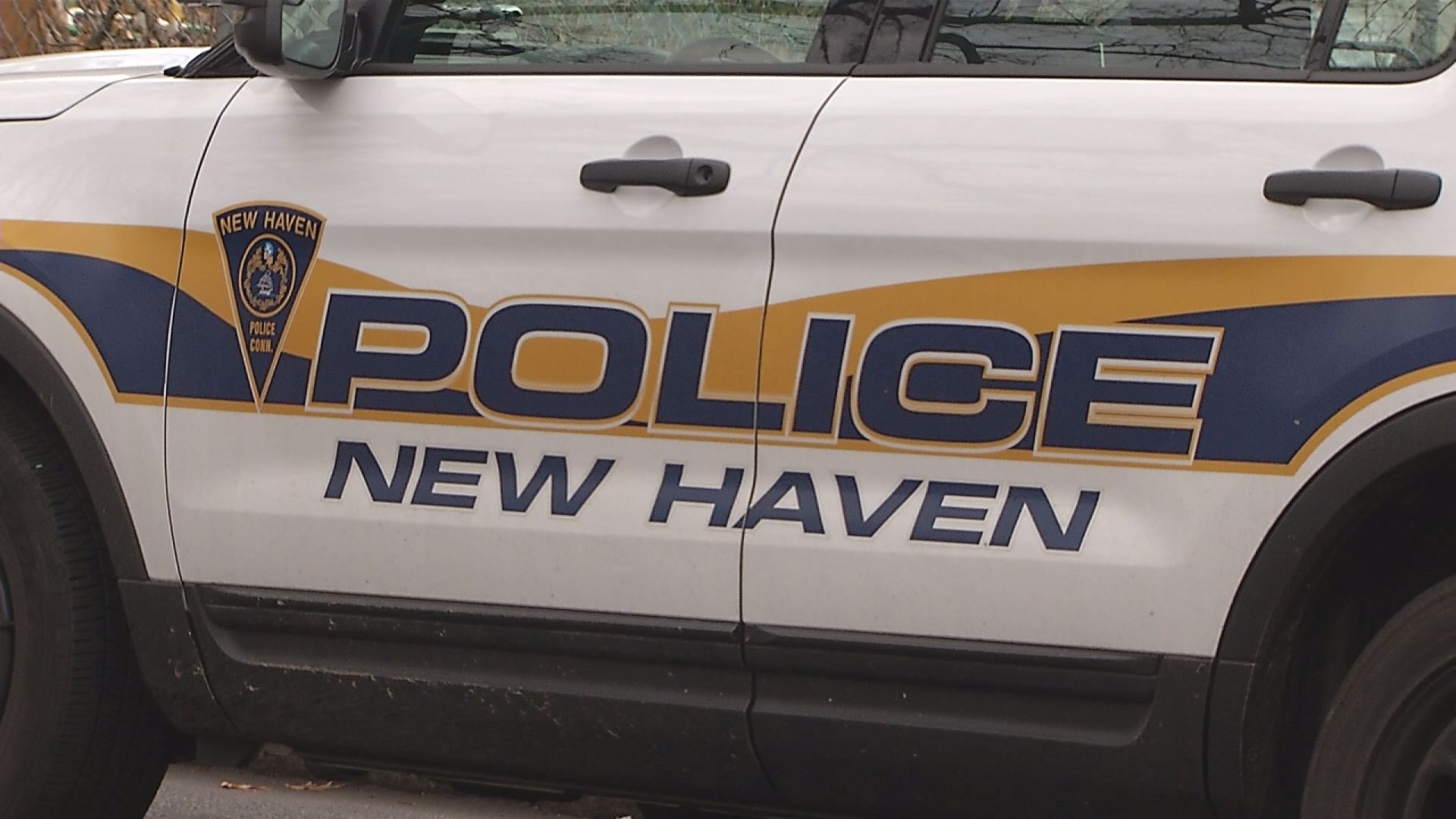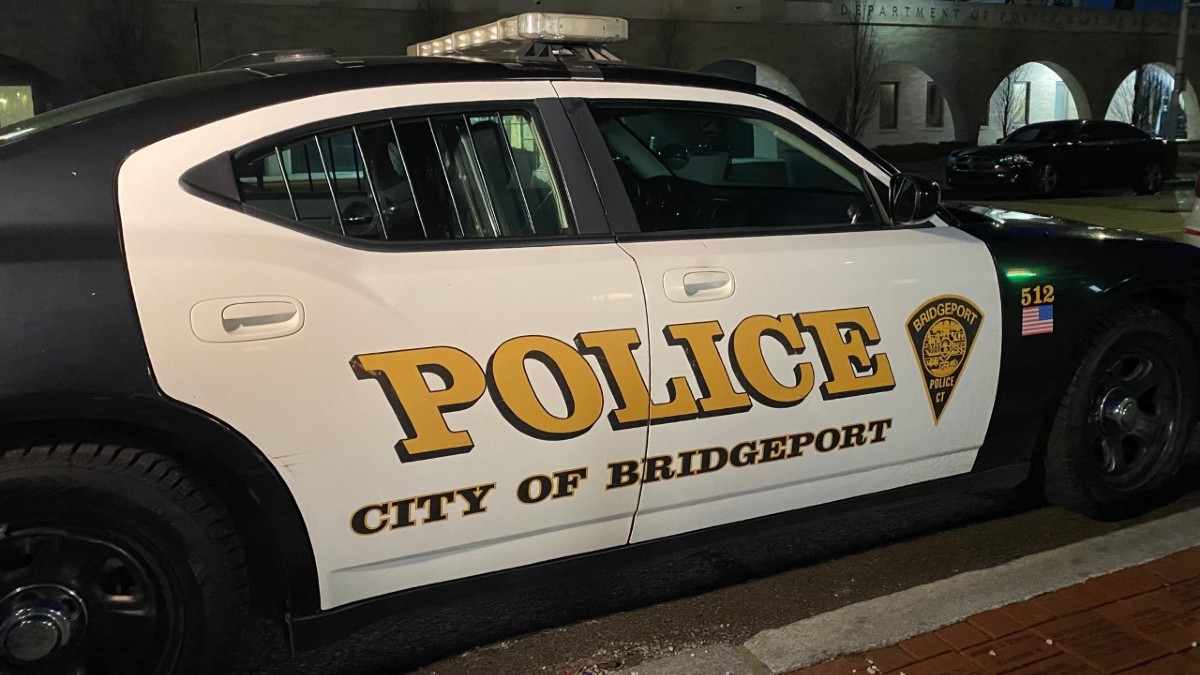The way UConn responds to sexual assault complaints has been front and center during a Board of Trustees meeting at the school this morning and a legislative hearing this afternoon.
Last month, several women who said they were attacked while they were students at UConn claimed their reports weren’t taken seriously and said the school doesn’t do enough to protect victims.
Nationally renowned attorney Gloria Allred is representing them and has filed a lawsuit and a Title IX complaint on their behalf.
During the board of trustees meeting this morning, Board Chairman Larry McHugh and President Susan Herbst were expected to deliver brief updates on the university’s sexual assault response policies.
Herbst has maintained that the cases were handled correctly.
This morning, the Title IX coordinator provided the board with an updated briefing binder on the policy for dealing with sexual assault cases, but said implementing policies alone is not enough; they also need to explore behavior on campus.
At 2 p.m., a legislative informational hearing on sexual assault prevention and response procedures at Connecticut colleges and universities will be held at the legislative office building.
Students and panels representing the colleges and universities are appearing before the state Higher Education and Public Safety Committee. Gloria Allred is also present.
During the hearing, lead complainant Carolyn Luby said the university has not done enough to educate students and faculty members about how to prevent and respond to sexual assault.
"Their lack of support reflects their lack of commitment to the very real issues of sexual assault and harassment that countless Huskies live with every day," she said of the administration.
"Administrators with power must start prioritizing the safety of their students," Luby said. "It is long overdue for them to to do this and we want them to begin today."
Fellow complainant and UConn senior Erica Daniels described feeling unsupported and "not taken seriously" by university officials after she was assaulted by a coworker at an on-campus dining hall.
"I regretted even reporting [the incident] because everything that came afterward was nothing but bad news for me while it felt like the university was protecting him," Daniels said.
Local
Also present was Rosemary Richi, a junior at UConn who said the university failed to investigate her complaint after she was raped by a football player in September of 2011.
"My experience with the manner in which the police handled this sensitive matter could not have been more negative," Richi said. "I cannot and will not dare call myself a Husky anymore if this broken system continues to operate."
Elizabeth Conklin, Assoc. Vice President of the UConn Office of Diversity and Equity and Title IX coordinator, responded by saying the university's goal is to ensure "a robust response to support victim-survivors" and hold perpetrators accountable.
"We know that policies and procedures are not enough and that they only take us so far," Conklin said. "Our response to a crime like sexual assault is not merely a matter of policy or procedures or websites or resources. UConn is fully and absolutely committed to doing all we can to educate our community to prevent sexual violence in every form, to aid victims, to provide them with every resource and option possible and to treat every member of the community with fairness, dignity and respect. And as long as there is a single sexual assault on our campus, our work is not finished."
Conklin said every sexual assault reported to university faculty and staff is in turn reported to police.
When asked if the reporting process sparks a compulsory investigation of every incident, UConn Police Chief Barbara O'Connor said, "The question is always asked, does the victim want an investigation?"
She said police do reach out to the victims who request an investigation.
Vice President of Student Affairs Michael Gilbert said incoming freshmen attend mandatory sexual violence workshops. He acknowledged that the school could do more to with regards to continuing education, and said the school is working to develop more programs for older students.
Lawmakers said they want to know more about how the schools responds to these types of attacks, especially in the wake of a law passed last year requiring schools to do more to address sexual assaults on campus.
They asked if sexual assault reporting policies and procedures were followed at UConn.
"We think the law is definitely working," said State Sen. Beth Bye, a Democrat from West Hartford. "But maybe it can be better."
O'Connor said the police department is increasing its training and developing a Sexual Assault Investigation Team.
But Allred said it isn't enough.
"We think there needs to be a change in the way they are implementing policies and practices and laws," she said of UConn leadership.



